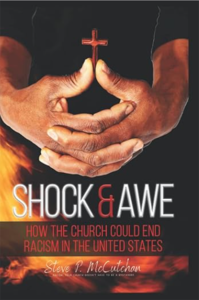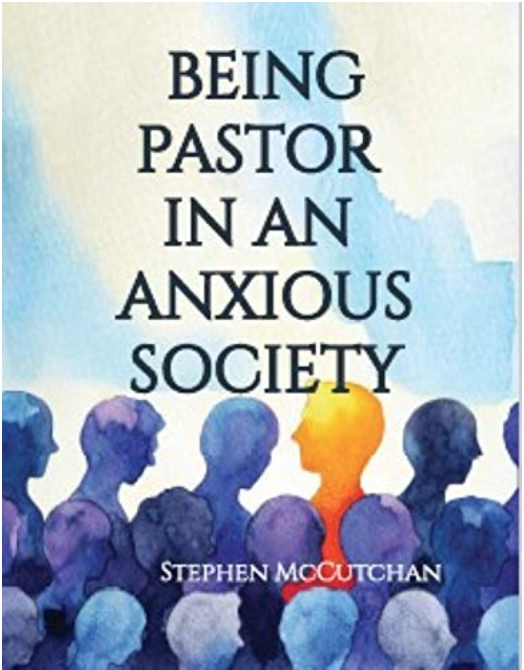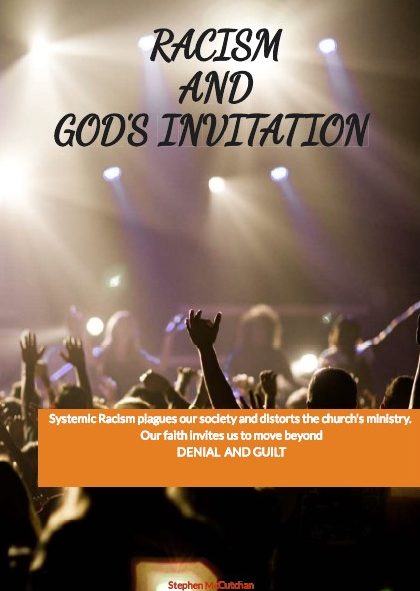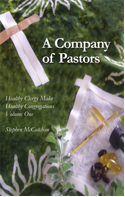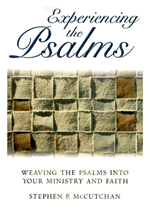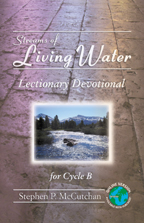As I understand it, there was a moment in church history in which the Presbyterian Church made a momentous decision with respect to clergy leadership that shaped our future as a church in this country. The West was opening up and the need for pastoral leadership in these new communities was exploding. The Presbyterian Church, which at the time held a dominant position numerically in those communities along the Eastern seaboard had to decide how they were going to respond to the demand for pastors in these newly developing communities.
The critical issue was with respect to standards for ordination. Were they going to continue to expect a pastor to have a full seminary education, including learning Greek and Hebrew, before they were ordained to serve or were they going to send willing people out to serve these new churches and worry about the educational standards later. My understanding of church history suggests that the Presbyterian Church stood by its stringent standards and therefore were unable to meet the demand for clergy in these new communities. The Methodist and Baptist chose the opposite track and filled the new pulpits first and worried about the standards later. While each decision had its merits, one of the definite effects was to tip the balance numerically of the Presbyterian Church in this country.
Now, in response to the need of many smaller congregations within our denomination who cannot afford a full time pastor, the Presbyterian Church has ventured into a new form of pastoral leadership that is called the Certified Lay Pastor. As it has developed, these pastors are ordained elders who feel a call to serve and, under the guidance of the presbytery, receive some core training and then serve these smaller churches. In many cases, these CLPs are either retired from a previous profession or offer their services in addition to their other work. For a number of smaller churches, they have offered consistent leadership, pastoral attention, and a sense of new vitality.
While the church continues to discuss the shape of this new form of pastoral ministry, the CLPs will experience some of the same stresses and demands as ordained clergy and both presbytery and the congregations need to consider how they can be nurtured and supported. Over the next few days, I will make some suggestions.








